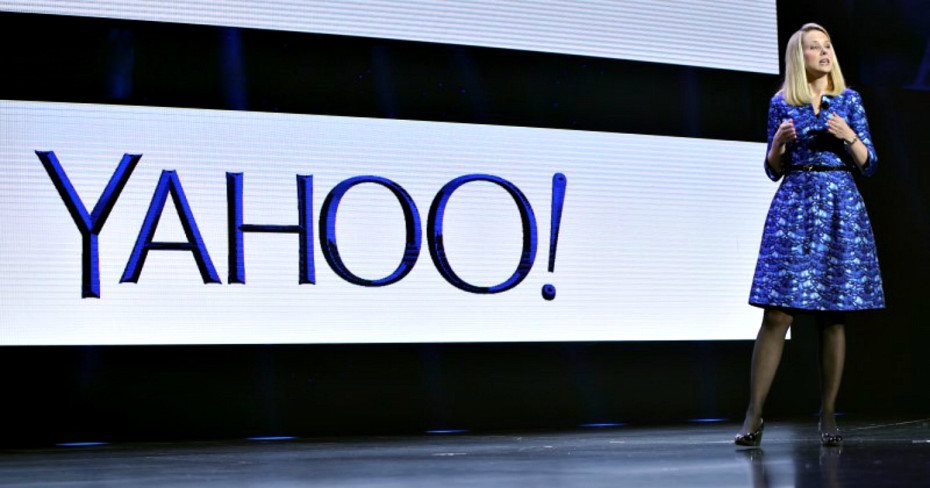The Verizon-Yahoo Deal: What to Know
With headlines like “Yahoo Sells To Verizon In Saddest $5 Billion Deal In Tech History,” it would be hard to ignore last week’s news of Yahoo’s sale to Verizon after months of speculation. While the ink has barely dried on the Verizon-Yahoo deal, reporters and industry experts are racing to analyze the potential impact on advertisers, what this means for Verizon’s role in the future of mobile and what Marissa Mayer could have done differently during her role as CEO.
While the future of the companies is unclear, there’s no doubt the acquisition could potentially have huge implications across digital media, mobile experiences and privacy. For marketers, advertisers and PR professionals, here’s a look at the top three trends to pay close attention to as more details from the results of the Verizon-Yahoo deal emerge.
Digital Media
Verizon aims to merge Yahoo with AOL (which it acquired last year) to form a single organization that can compete with digital media giants Facebook and Google. (Remember that under the acquisition of AOL, Verizon also owns The Huffington Post, TechCrunch, and a wide variety of digital video assets.) According to Fortune, the reason Facebook and Google have successfully made money on digital content is because they figured out a way to do it without actually getting into the messy business of producing new content. Verizon, on the other hand, is buying up assets that require huge resource investments in exactly that. Likewise, under Mayer, Yahoo poured millions into original content, hiring Katie Couric and producing television shows like Community. It’s an expensive investment and once it’s produced, there’s no guarantee people will watch it or advertisers will want to be associated with it, so it will be interesting how this plays out as Verizon races to catch up.

Image Credit: Reuters / Robert Galbraith
Mobile Experience
The combined scale of the two companies has the potential to reach billions of people. Yahoo brings with it an audience of one billion active worldwide users — including 600 million active mobile users, a host of influential consumer brand partnerships, a powerful programmatic advertising and data platform, and a robust editorial team. The potential benefits from the deal to both Yahoo/AOL and to the advertising industry are many. According to Jay Friedman, COO, Goodway Group, “this is the best outcome marketers could have hoped for in the industry. This acquisition puts AOL on solid ground as the third platform CMOs must take a meeting with behind Google and Facebook.”
Privacy
With access to vast amounts of user data, Verizon could have the ability to map a person to a specific journey on a mobile device with about 95 percent accuracy, including data from physical locations as well as the web. With all of this in-depth data, the more targeted ads Verizon can deliver, the better it can compete against the digital ad titans Facebook and Google. This presents a huge opportunity for advertisers while equally presenting new privacy challenges for Verizon. As with any company using customer data, there must be a delicate balance between offering personalized experiences without being creepy. Security experts have already noted the FCC and President Barack Obama’s administration “must ensure that deals like Verizon/Yahoo don’t further erode the little privacy Americans enjoy today when they use digital media,” signaling the opportunity to use the news as a platform for a broader conversation around digital privacy.
So what do you think – how will these trends play out after the completion of the Verizon-Yahoo Deal?